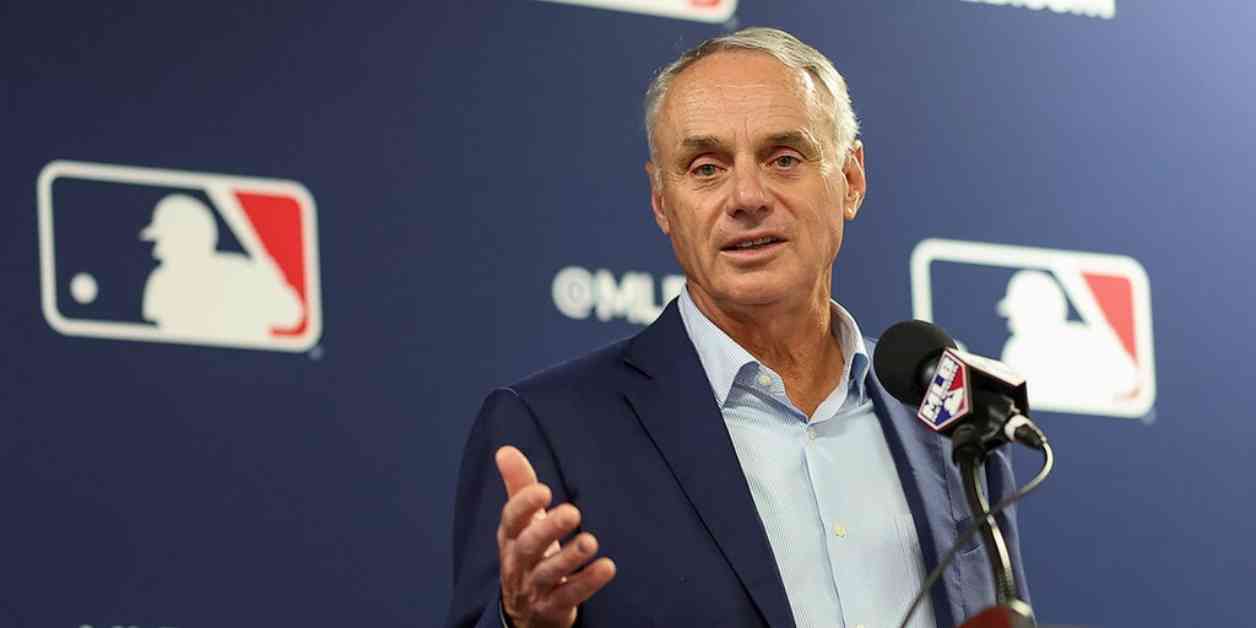Major League Baseball Commissioner Rob Manfred revealed his plan to implement a full-time automated strike zone by 2026. This decision has sparked mixed reactions among baseball enthusiasts, with some embracing the change while others are hesitant about the shift from human umpires to automated technology.
Manfred expressed his intention to conduct a test of the automated strike zone during spring training next year in order to address any technical issues and ensure a smooth transition by 2026. The implementation of the automated balls and strikes (ABS) system began on an experimental basis in 2019 and has since been utilized in all Triple-A ballparks.
Despite the growing trend towards automated officiating in sports, many traditionalists are concerned about the impact of this change on the game. The debate over maintaining the integrity of the sport versus embracing technological advancements continues to divide fans and players alike.
In addition to the automated strike zone, Manfred has been proactive in introducing various changes to baseball to enhance the pace of play. These adjustments, such as the pitch timer, larger bases, and pickoff limitations, have contributed to shorter game durations and increased attendance at MLB stadiums.
While some fans have criticized Manfred for altering the game too drastically, the positive outcomes of these changes cannot be ignored. The average nine-inning game duration has decreased significantly, leading to a more engaging and efficient viewing experience for fans.
As Manfred looks ahead to his retirement in 2029, his legacy as MLB Commissioner will be defined by his commitment to innovation and modernization within the sport. Whether the automated strike zone will be fully embraced by fans and players remains to be seen, but one thing is certain – the future of baseball is evolving, and change is inevitable.


















